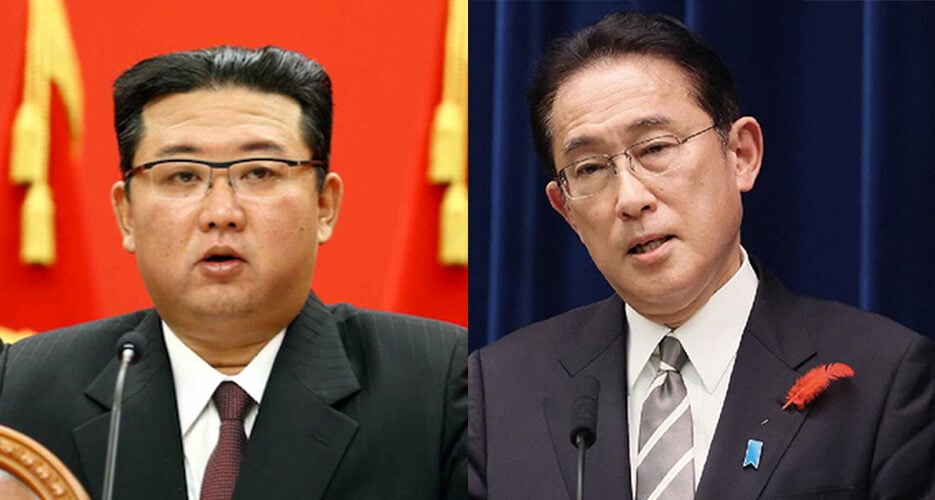Japanese and North Korean officials meet in secret in Mongolia
A South Korean newspaper broke the story. For a year, Japanese Prime Minister Fumio Kishida has been trying to organise a summit with North Korea’s dictator Kim Jong Un, while North Korea has issued statements to the contrary in recent months. The issue of Japanese nationals kidnapped by Pyongyang remains an important issue.
Tokyo (AsiaNews/Agencies) – Representatives of Japan and North Korea met secretly in mid-May in Mongolia to discuss several bilateral issues, this despite Pyongyang’s official refusal to talk with Tokyo, which demands news about the fate of Japanese citizens kidnapped by North Korea in the 1970s and 1980s to train North Korean spies in Japanese language and customs.
A South Korean newspaper, JoongAng Ilbo, broke the news reporting that the Japanese delegation included a politician, while the North Korean delegation was made up of three people, one of whom was an intelligence officer.
Pyongyang appears to be exploring a "breakthrough economically and diplomatically”, the newspaper writes, noting that representatives from the two countries were also scheduled to meet last week in the China’s e Inner Mongolia Autonomous Region, but “it is unclear whether (the contact) was made as planned,” a source said.
Bilateral relations have been tense in recent months with various statements coming from either side. Last year, Japanese Prime Minister Fumio Kishida pledged to hold "high-level discussions" for the purpose of organising a summit with North Korean leader Kim Jong Un.
In February, the dictator's sister, Kim Yo Jong, opened up to the possibility of a visit by Kishida to North Korea, as long as Japan did not raise the kidnapping issue, which would be an "obstacle”. The following month, she issued a new statement saying that Tokyo was “clinging to unattainable issues”.
“It is impossible to improve the bilateral relations full of distrust and misunderstanding, only with an idea to set out on a summit meeting,” reads a statement by the Korea Central News Agency, the official mouthpiece of the North Korean regime.
Japanese Prime Minister Kishida has remained open to talks, but the issue of kidnappings, especially in Japanese public opinion, remains important, while Pyongyang, more interested in closer ties with Moscow and Beijing, accuses Tokyo of committing heinous crimes during its colonial rule of the Korean Peninsula.
The two countries do not have diplomatic ties, but, in the early 2000s, came close to normalising relations.
Five out of 17 Japanese citizens (13 according to Pyongyang) have returned home. For North Korea, the issue is settled, claiming that the others are dead, but in Japan many continue to campaign on behalf of those who never returned.
According to some analysts, Kishida is trying hard to organise a summit with Kim Jong Un to turn his political fortunes around, after his approval rating dropped to 20 per cent in February.
Other argue that the Japanese prime minister wants to show that he can act as a mediator with North Korea, especially for people in Washington, at a time when North Korea’s relations with the United States are at a standstill and those with South Korea are going from bad to worse.
12/02/2016 15:14
17/05/2013







.png)










